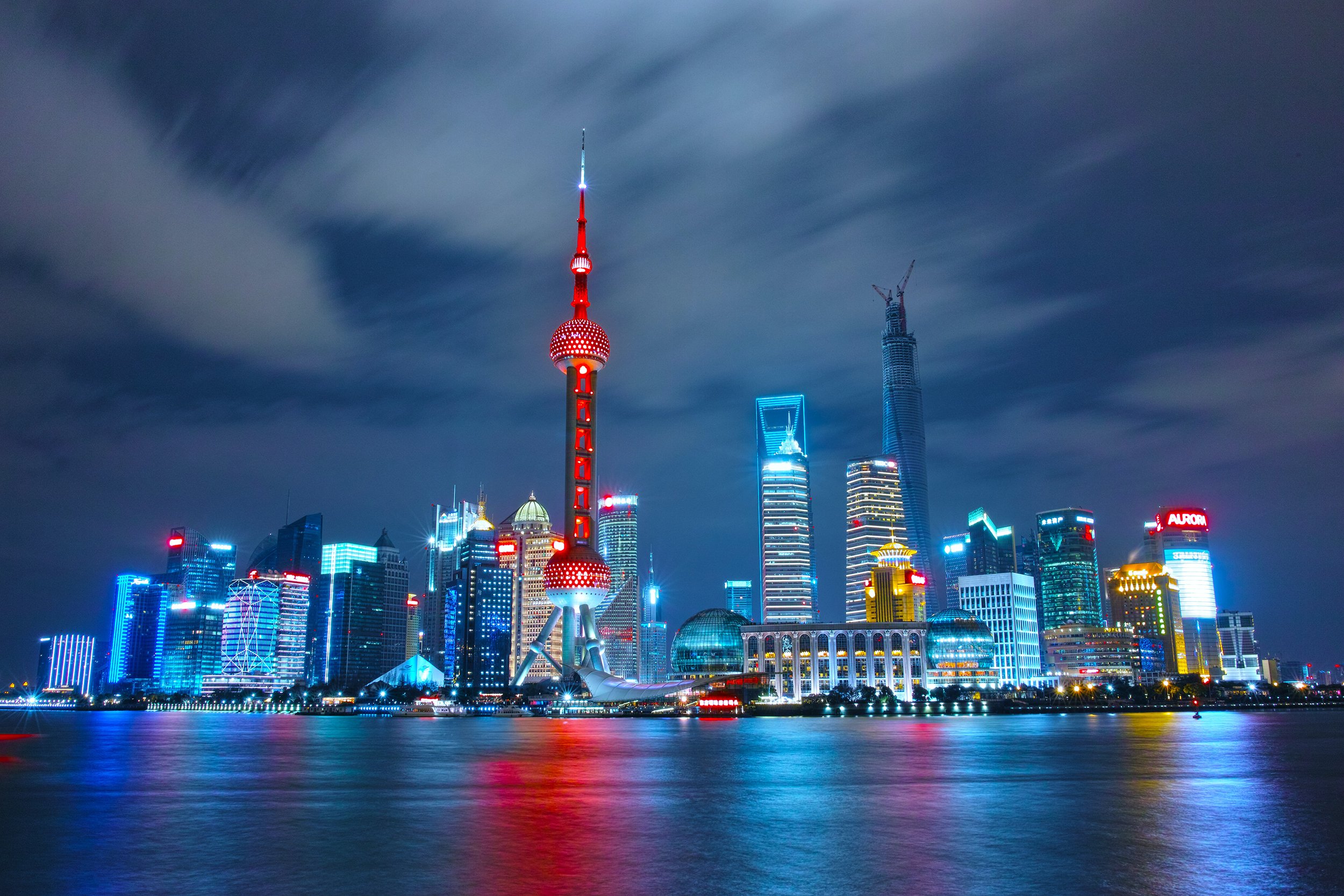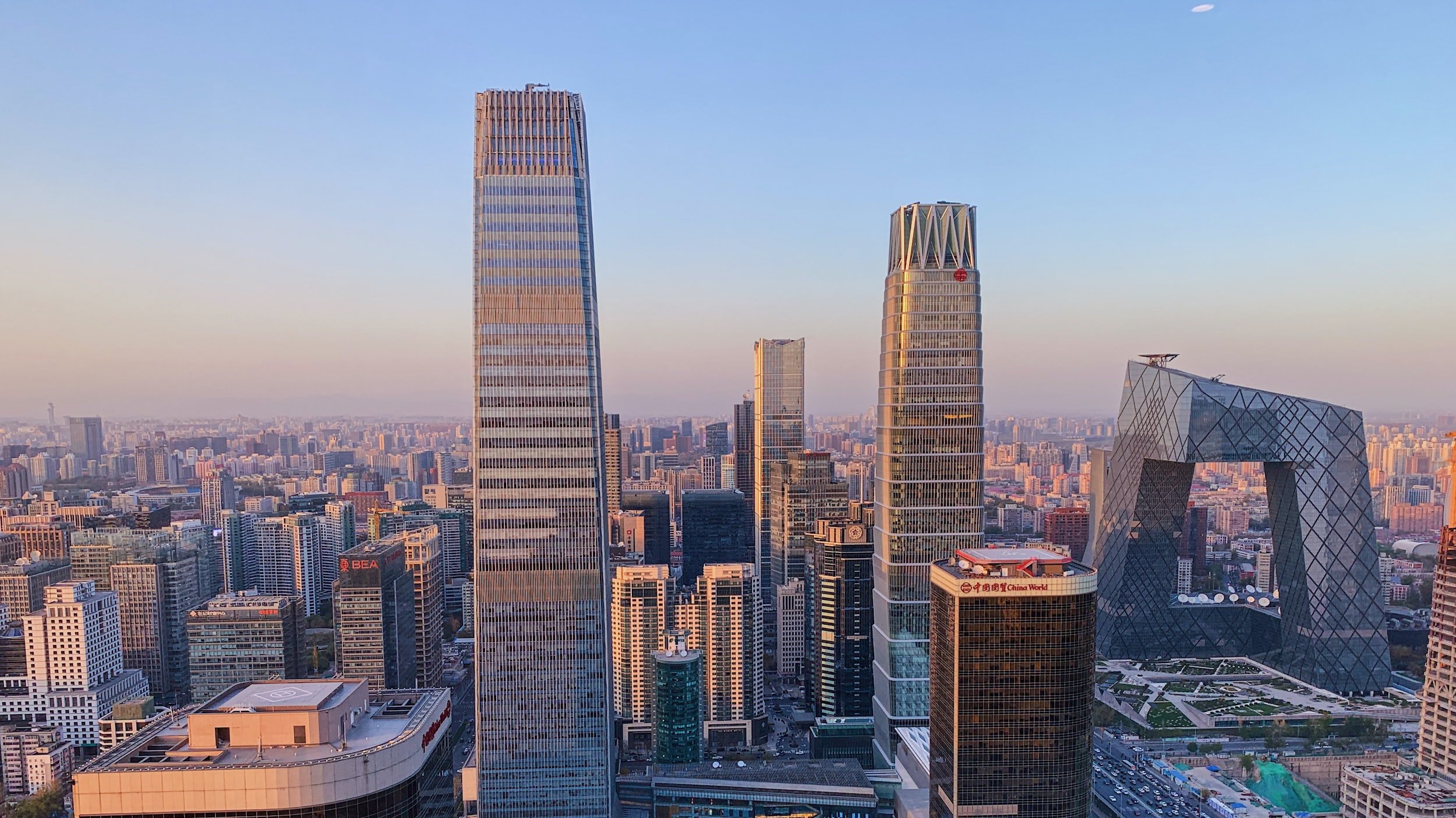
ESG Regulation in Asia
(As of February 2023)
ESG regulation in Asia is accelerating.
According to a February 2022 Goldman Sachs Report:
In the last five years, APAC ESG policies have doubled and now contributes to 20% of ESG policy world-wide.
Some sort of corporate ESG reporting is required in China, Hong Kong, Japan, Singapore, South Korea, Australia, and New Zealand.
Fund-level ESG reporting is now required in Australia & Hong Kong (with more countries on horizon).
On the environmental front, a number of countries in Asia have or are in the process of implementing TCFD-aligned standards — including Hong Kong, Japan, New Zealand, and Singapore.
For those Asian countries requiring some corporate ESG disclosure, the requirements vary by jurisdiction. Some disclosures are mandatory. Others permit corporations to “comply or explain” — meaning that either they must make the disclosure or explain why they are unable to do so. Specifically:
China mandates environmental reporting by high polluters.
Hong Kong mandates certain governance disclosures and requires companies to comply or explain in connection with a dozen other environmental or social issues.
Japan requires companies to comply or explain with regard to board independence, board diversity, climate issues.
Singapore mandates certain diversity disclosures.
South Korea is phasing in ESG disclosure mandates through 2030.
Australia mandates greenhouse gas (GHG), energy, and diversity disclosures.
New Zealand requires certain corporate governance disclosures on a comply or explain basis.
We will continue to add more detailed information on ESG regulations implemented in the specific APAC countries listed below, and news updates on ESG regulation in Asia Pacific can be found here.







